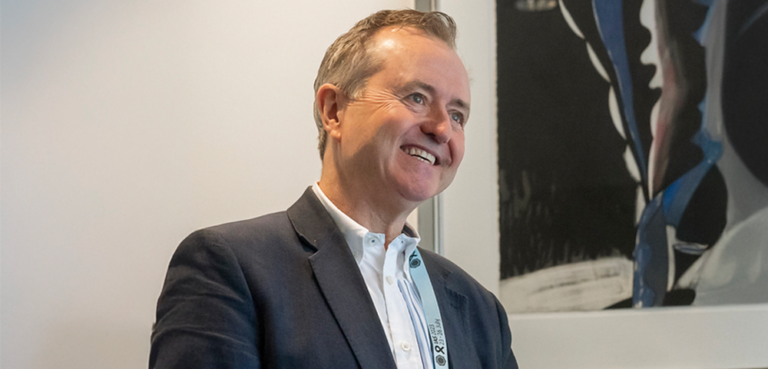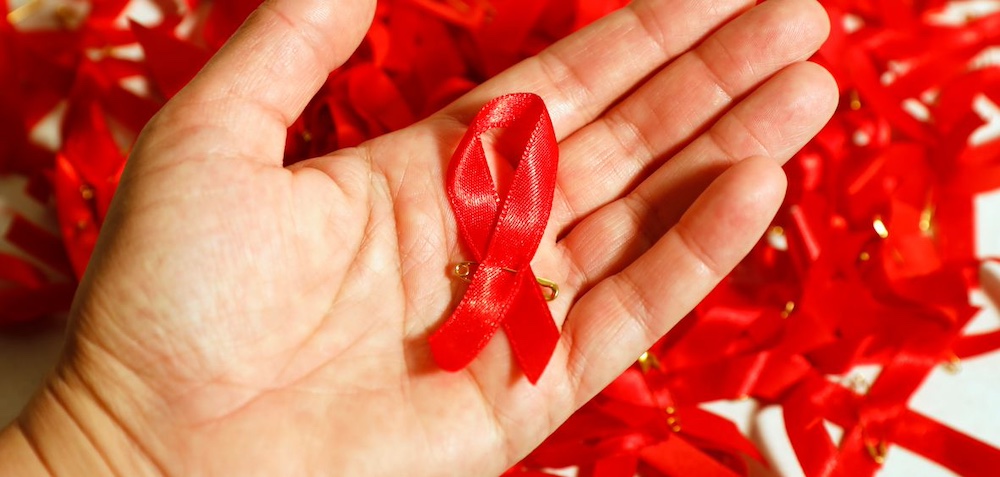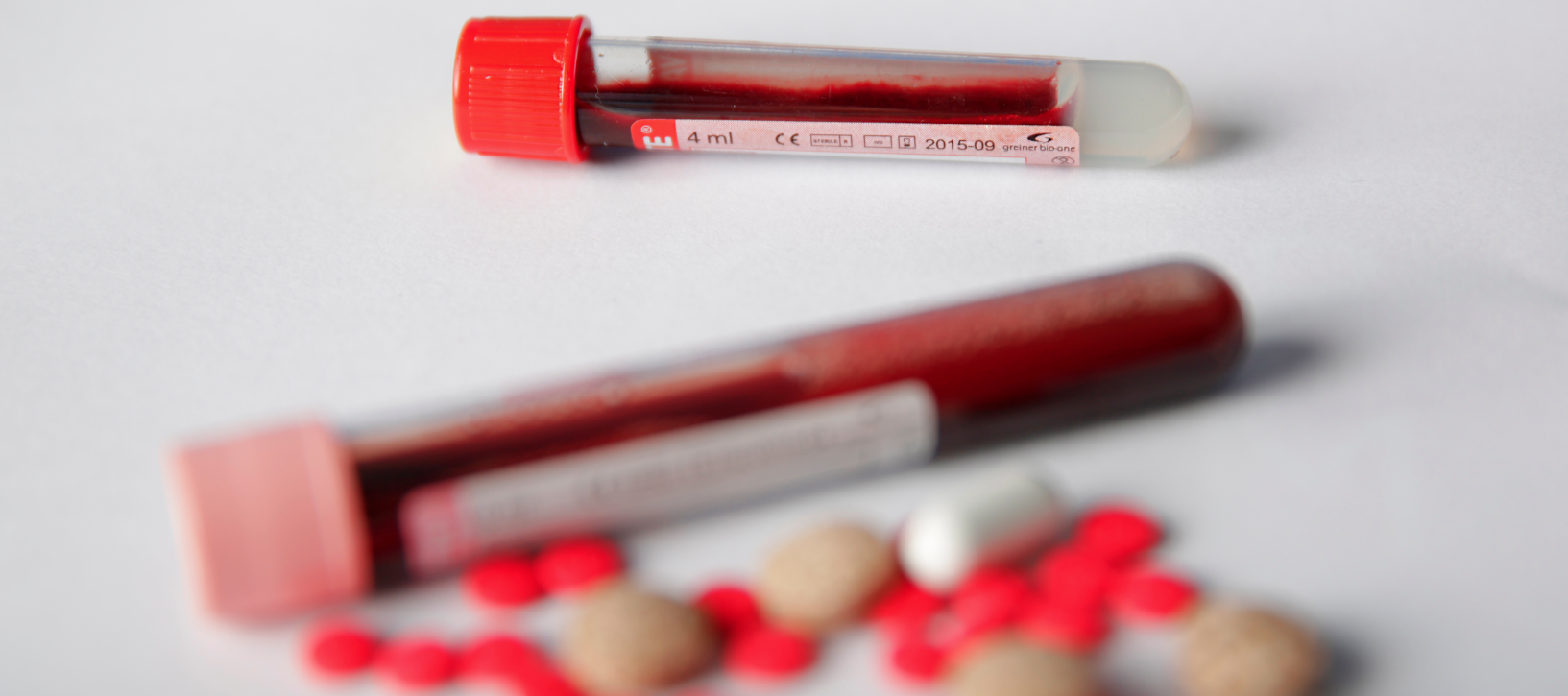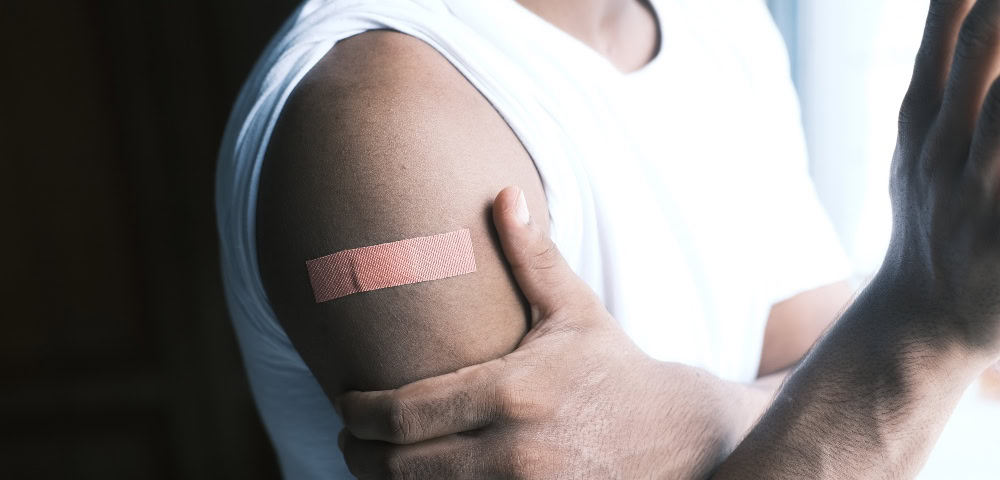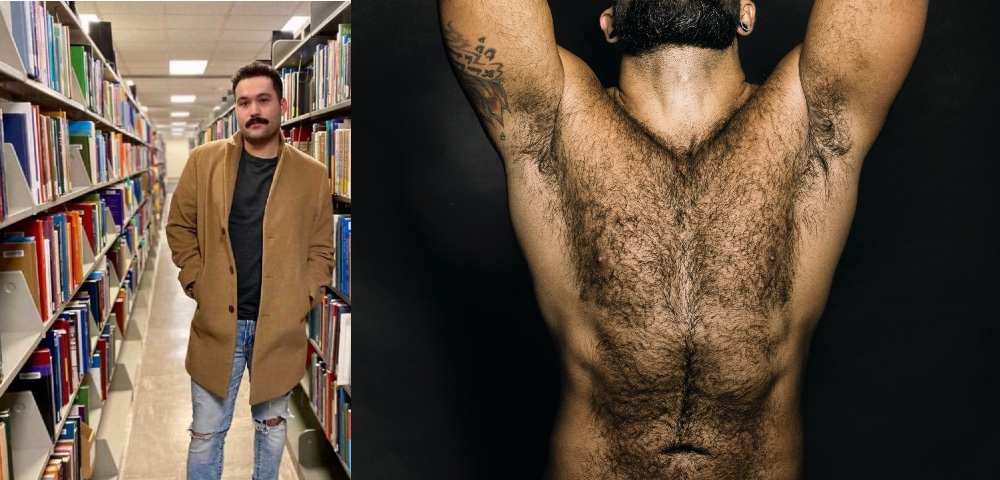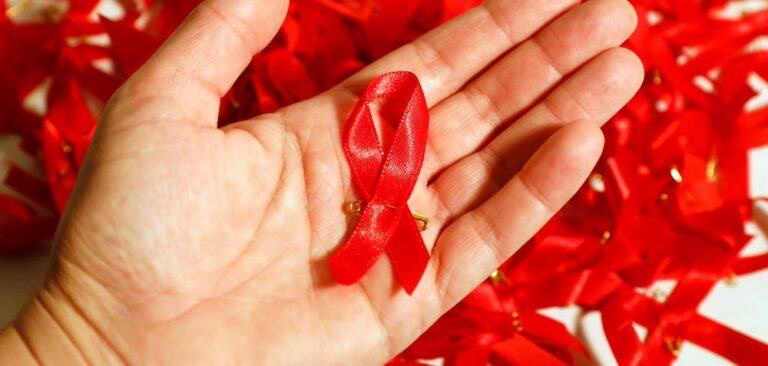
HPV vaccination for boys a world model

A NEW study by sexual health researchers in Melbourne suggests gay male teenagers are at increased risk of contracting the cancer-causing human papillomavirus (HPV), prompting renewed calls for other countries to adopt Australia’s state- funded vaccine program for boys.
Researchers examined 200 men who have sex with men (MSM) aged 16-20, one of the first studies in the world to focus on HPV rates in males of this age group. While it is often linked to cervical cancer among women, MSM were also at risk, with HPV in the anus linked to anal cancer.
Significantly, results of this study indicated MSM in this age group were more likely to have anal HPV if they have had more partners and receptive anal sex.
“Presumably it’s being transmitted from the penis to the anus in that situation,” lead researcher Dr Marcus Chen told the Star Observer.
“When you think about it it’s not surprising, but again very few people have actually looked at this in this young age group.
“The reason why we’re interested in that is, can you vaccinate this group early enough before any or many get HPV? So it’s really telling us that guys pick it up very, very early, so you really need to vaccinate them very, very early to prevent this.”
In part because it is a sexually-transmitted infection, HPV vaccination has been a controversial issue worldwide, with proposed programs in the US leading to accusations by some religious organisations that it would lead to promiscuity among pre-teen girls.
While the current study has attracted international attention, the rollout of a government- funded HPV vaccination program for both girls and boys in Australia over the past year has met little resistance, and is being hailed as a model for other countries looking to follow suit.
National HPV Vaccination Program Register director Dr Julia Brotherton told the Star Observer the response since the program began in February 2013 has been positive.
“It hasn’t actually been that big a leap to go from vaccinating girls with what we were calling the cervical cancer vaccine… because obviously it does more than that. By preventing that cancer-causing virus from getting into girls or boys, it prevents cancer in both sexes,” she said.
Proposals in some countries to target such a program at young gay males have proven problematic, largely because there was no way to effectively identify who to vaccinate.
“It’s really hard to get people to either identify or to try and identify them and get them vaccinated that way. A population-based program works a whole lot better,” Brotherton said.
“You can protect your kid from getting a cancer- causing virus. You don’t know who your child’s going to marry, you don’t know what your child’s going to do, and it’s going to protect any sexual partners that your child has in the future as well as protecting them. So, why wouldn’t you do it?”
Although older gay men are not covered by the new program targeting 12–13-year-olds, Brotherton recommended they talk to their GP about getting vaccinated.
“Gay men remain at risk throughout their sexually-active life, and I think that’s definitely something worth discussing with their healthcare provider,” she said.



